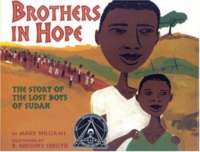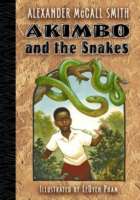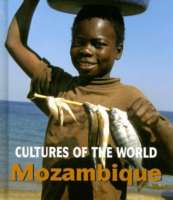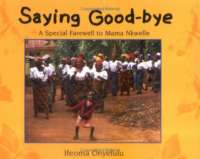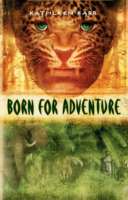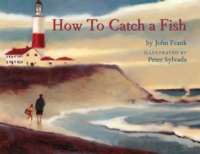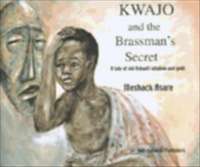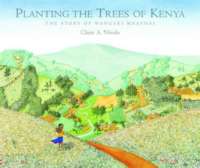
Wangari Maathai, winner of the 2004 Nobel Peace Prize and founder of the Green Belt Movement, grew up in the highlands of Kenya, where fig trees cloaked the hills, fish filled the streams, and the people tended their bountiful gardens. But over many years, as more and more land was cleared, Kenya was transformed. When Wangari returned home from college in America, she found the village gardens dry, the people malnourished, and the trees gone. How could she work to bring back the trees and restore the gardens and the people?

